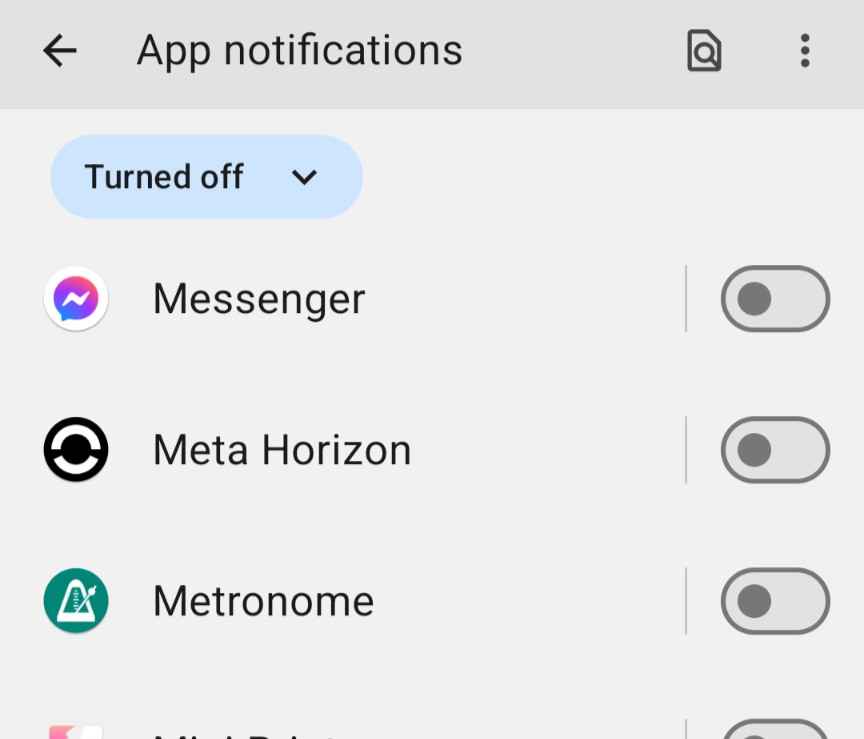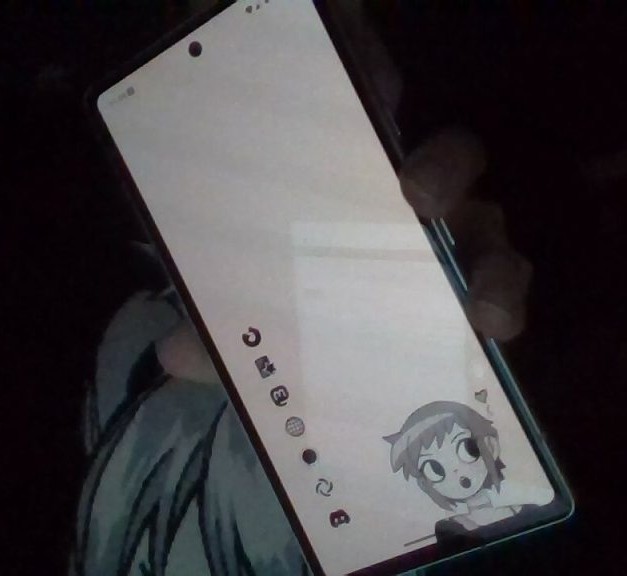
Push notifications are one of the worst paradigm shifts in computing, possibly ever. It fundamentally shifted the way that we interact with computers from a system where we checked in on our friends and digital lives whenever we chose to open the internet, to instead a model where smartphones directly influence our behaviour by choosing when and where to pull our attention. The large corporations that own most of the apps on your smartphones are able to use push notifications to control your attention and keep you locked in their ecosystem and buying or using their products.
Potentially emotionally affecting or harmful social media posts are easily forced into your life as social media giants have found that this sort of content is the most effective at generating advertising revenue. Through push notifications sites like Facebook have an easy portal into your device, where they are able to manipulate your emotional state with no barriers to direct access to you.
This wasn’t always the model that computing operated on. Computers were meant to be tools that do exactly what you tell them and no more. The emotive, expressive, sometimes angering world of the internet was available, but it only entered your life when you chose to open up a web browser and view that website. You can reclaim this model of computing and return to your smartphone being a tool that does only what you need it to.

You can return to this model easily by turning off push notifications on your smartphone. Allow it to act only as a phone, where calls and texts can have your attention as needed, but the rest needs you to want to see it. Initially when I started this practice a year or two ago I worried that I would find friends frustrated at my missing messages and being slower to respond. This has not been the case at all. Instead I’ve found myself checking on my friends through the platforms I want to use when I’m ready and excited to hear about what’s going on in their lives. So long as people are aware of how to get into contact with me in emergencies, it’s not an issue.
For years whenever I held my smartphone in my hands I would understand it as an evil device that had been forced on me by slowly encroaching societal necessity. What I missed was that there was a way to turn it into a device that channeled the same joy as the first laptop I owned, back in the halcyon days of LimeWire and Newgrounds. Make your smartphone do what you tell it to, don’t let it tell you what to do. Use free software, reject corporate social media, and turn of push notifications.

2 responses
@posts
I went one step further and disabled mobile data. I now only access the internet at home (with all notifications off).
When disconnected, I notice fewer urges to pick up my phone, heightened sense of presence, living in the moment. I am more mindful of my internal monologue and the world around me.
Full transparency: I have maps, Wikipedia, music and books saved offline on my phone.
Next step: rid of a smartphone completely and only access the web via desktop.
@posts Great post! My preferred metaphor for this is the trope of a nascent telepath being unable to tune out the thoughts of everyone around them and being assailed by overwhelming mental noise from all angles. That we opt into!